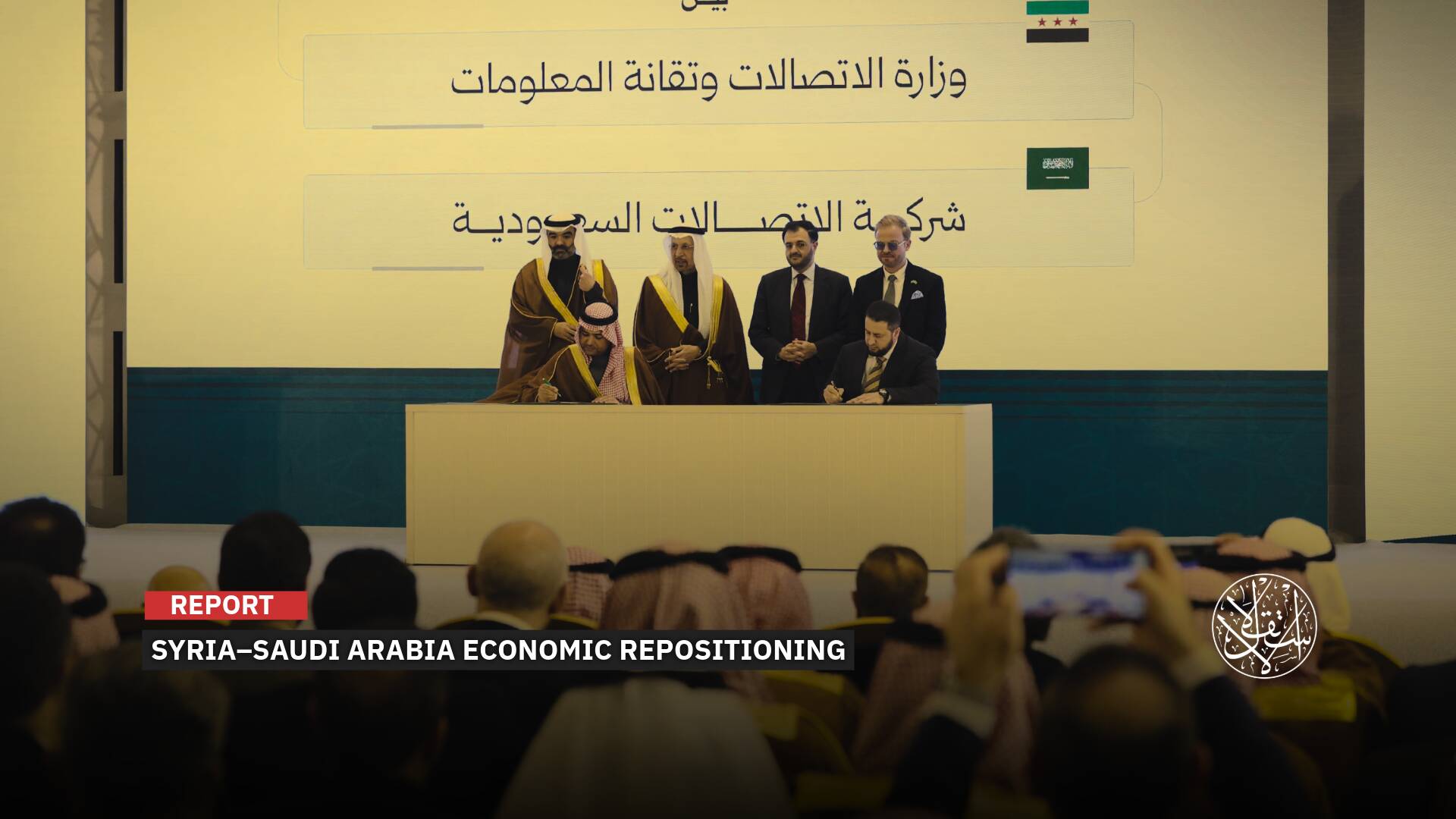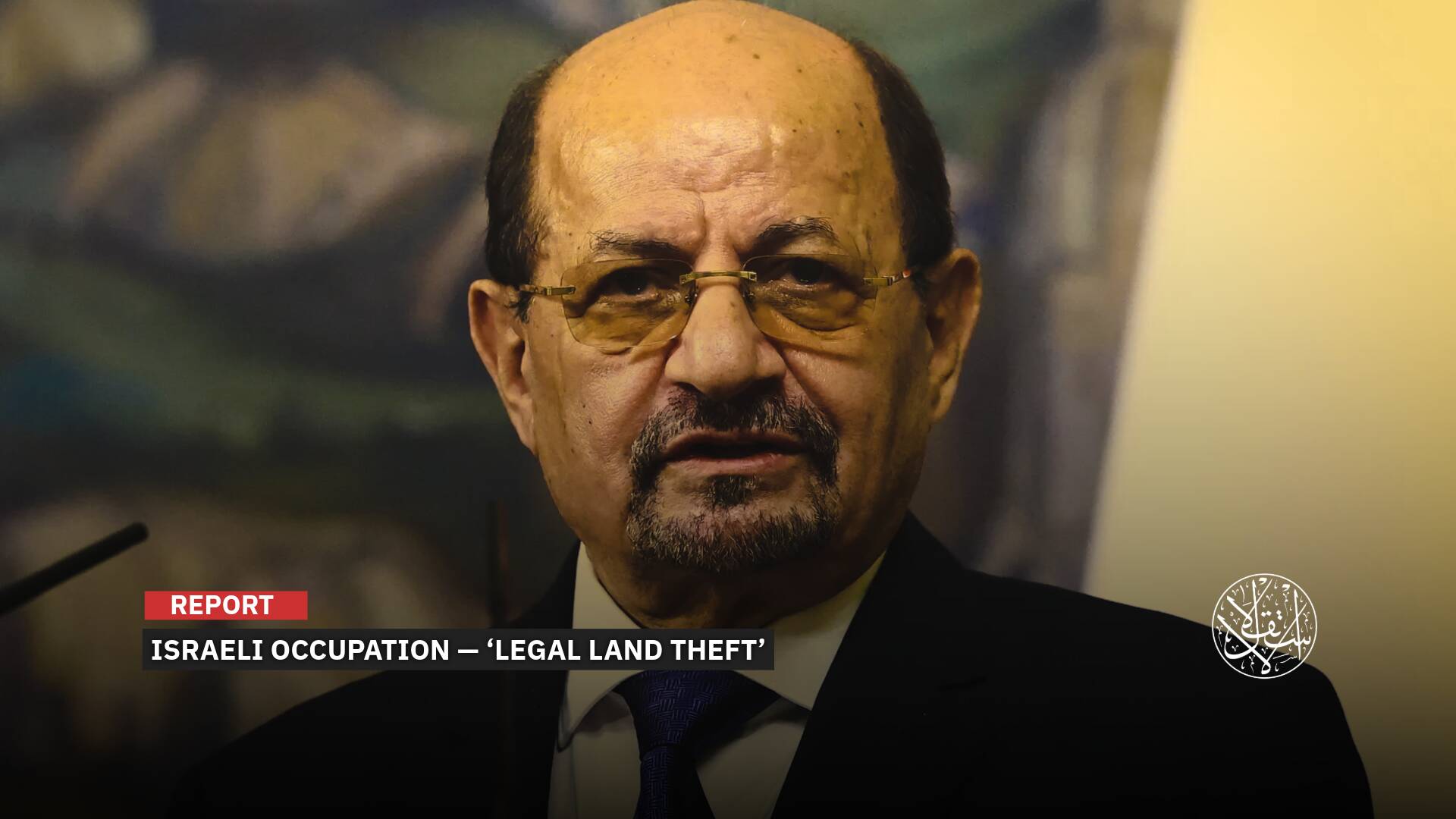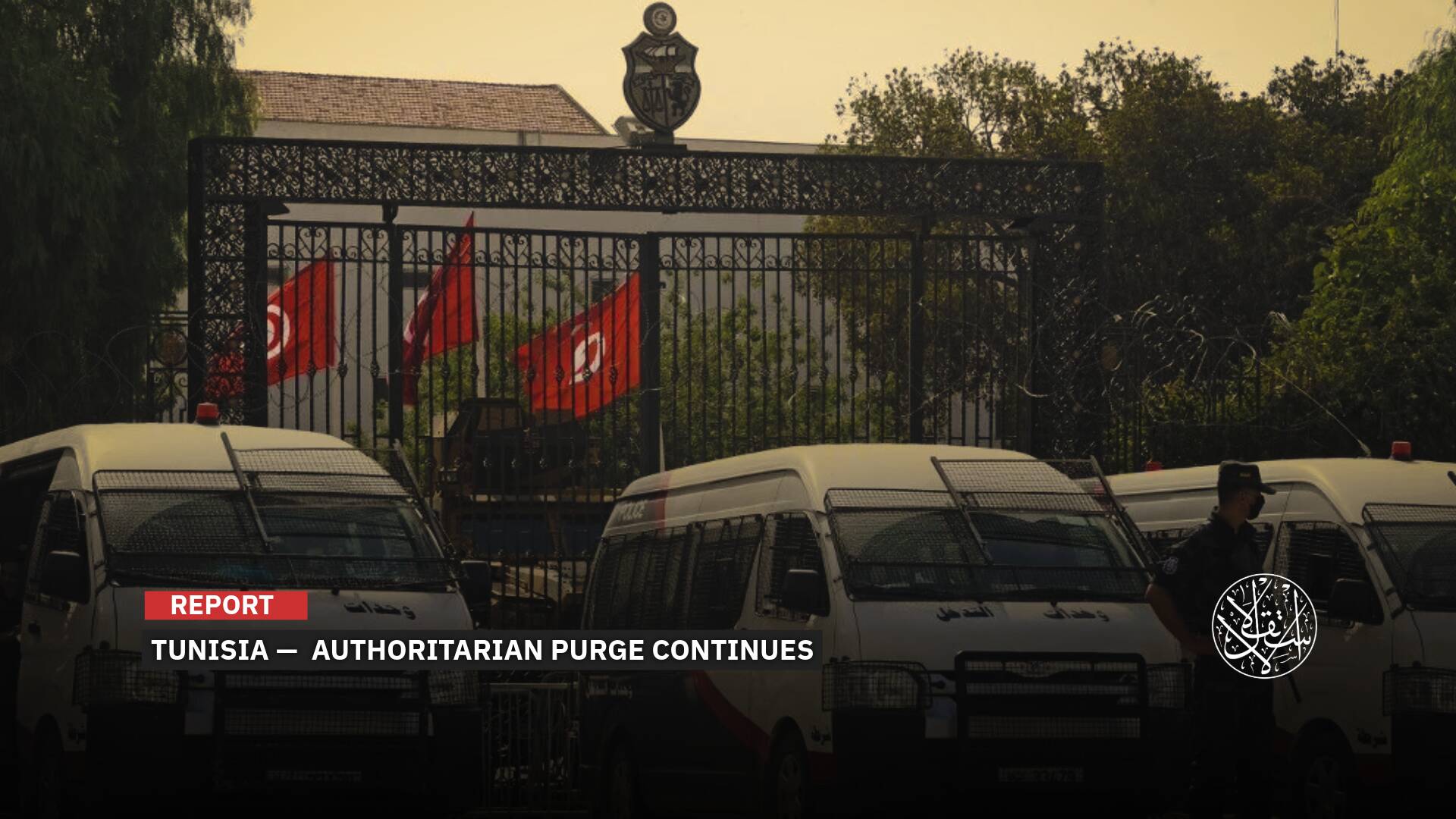In the Vein of Russia's Wagner: What Do You Know About China's Little Blue Men Militia?

Amid growing American and Western concerns over China's expanding influence in regional and global waters, Western patrols have been highlighting the dangers posed by a growing militia in China known as the "Little Blue Men."
This militia operates under the auspices of the Chinese government, akin to the mercenary company Wagner established by Moscow to undertake missions that the Russian military prefers not to overtly engage in. Beijing denies the existence of this militia when questioned about it.
Referred to as the People's Armed Forces Maritime Militia (PAFMM), it operates in China's coastal waters, particularly in the South China Sea. It plays a central role, potentially more decisive than traditional naval forces, due to its covert operations in disputed areas, particularly with neighboring countries, without escalating into full-scale wars, thus quietly targeting China's maritime sovereignty in the region.
The South China Sea spans an area of over three million square kilometers, annually facilitating trade worth over five trillion dollars and containing vast reserves of oil and gas.
Seven countries, including China, Vietnam, the Philippines, Taiwan, Malaysia, Brunei, and Indonesia, dispute sovereignty over parts of the South China Sea, with China claiming sovereignty over nearly all energy-rich waters. China has established military outposts on artificial islands in the area, according to Reuters on October 9, 2023.
The Little Blue Men
Seven countries bordering the South China Sea, particularly China, Vietnam, the Philippines, Taiwan, Malaysia, Brunei, and Indonesia, have been disputing sovereignty over areas of the sea for centuries, but tensions in the region have escalated recently.
Most neighboring countries of China claim sovereignty over some islands and land features in the South China Sea.
Vietnam claims sovereignty over the Paracel and Spratly Islands, while the Philippines claims sovereignty over Ayungin Island due to its extreme geographical proximity to it.
Malaysia and Brunei claim land features in the South China Sea because they fall within their respective economic exclusive zones as defined by the United Nations Convention on the Law of the Sea (UNCLOS).
In response to these claims, China asserts that all these islands and land features in the region have historically belonged to it for centuries, with the Paracel and Spratly Islands being an integral part of the "Chinese nation."
In its efforts to assert regional dominance over these disputed areas, most of which are maritime islands, China has sought control over large portions of the sea by constructing artificial islands and conducting patrols in its waters.
Beijing insists on its sovereignty over 90 percent of the South China Sea, while neighboring countries such as the Philippines, Malaysia, Brunei, Indonesia, Singapore, and Vietnam oppose China's claims in the region.
To avoid engaging in wars with these disputing countries, "fishing" boats resembling Chinese naval vessels have been appearing in this maritime area for several years. However, they are essentially militias in civilian clothing affiliated with China.
These boats and forces have been dubbed by Western media as the "Little Blue Men" militia or "Blue Militia," and it's claimed they are official mercenaries affiliated with China, similar to the Wagner militia, executing clandestine missions.
The United States has supported the rights of these seven countries in the South China Sea, within the context of countering Beijing's regional influence that undermines America's allies in the region.
Washington has repeatedly urged China to withdraw its ships from areas of tension with the Philippines, Taiwan, and others, resulting in several clashes between its navy and its Chinese counterpart. Nonetheless, the dispute persists through the actions of the Blue Militias.
The U.S. State Department often condemns China's actions in the South China Sea, stating that tensions in the region are exacerbated by coast guards and "naval militias," accusing China of threatening regional peace and stability.
Nature and History
According to a CNN report on August 12, 2023, these militias, known as the "Little Blue Men," own hundreds of boats allegedly funded and controlled by the Chinese army.
Western experts say they are a "formidable force" that can be used to blockade any disputed islands or areas in the South China Sea, operating independently or in coordination with the Chinese coast guard or navy, according to CNN.
According to reports by the Geopolitical Monitor on December 15, 2023, and the American Naval Institute in November 2022, many Chinese fishing boats serve as official or de facto members of this affiliated maritime militia.
This makes them ideal for operations in gray areas like the South China Sea without sparking direct military confrontations or wars, essentially carrying out "dirty roles" unofficially on behalf of Beijing.
The Geopolitical Monitor stated on December 15, 2023, that these militias are nothing but "false civilian coast guards" with military cover, engaging in operations in gray areas.
One estimate from U.S. Naval War College expert Andrew S. Erickson puts the number of large vessels at 84. Others have estimated that the PAFMM can leverage as many as three thousand small vessels at any given time. These numbers can be considered conservative when put in historical context: according to one 1978 estimate, the PAFMM was once composed of 750,000 personnel and 140,000 vessels.
These militias are formed from a mixture of maritime workers, who receive military training similar to reserves or national guards, later qualifying them for call-up, along with full-time military recruits in civilian attire to enforce Beijing's control over the disputed waters.
Foreign Policy affirmed on March 22, 2021, that the crews of these boats receive full salaries, and some of them are partially recruited from former members of the Chinese army.
These ships contain weapon compartments, and their members carry light weapons.
They are named The People's Armed Forces Maritime Militia as designated by the U.S. Department of Defense, as China does not acknowledge the existence of these militias to avoid accountability for their covert actions.
Despite Western newspapers noting the appearance of these Blue Militias alongside Chinese naval vessels in any disputes in the South China Sea, Beijing denies any connection to them, stating they are "fishermen" seeking protection from the Chinese Coast Guard.
According to the Geopolitical Monitor, these militias were established shortly after the Chinese Civil War (1927–1949), mostly comprising untrained fishermen defending the country. They were also utilized in attempts to reclaim coastal islands from the Kuomintang during the 1950s (First and Second Taiwan Strait Crisis).
Roles of the Militias
During tensions between China and the Philippines in August 2023, Manila accused Beijing of using these Blue Men to commit "illegal and dangerous" acts, affirming they are "affiliated with the Chinese military."
Manila had previously accused the Chinese coast guard on August 6, 2023, of spraying water hoses on its coast guard boats in the disputed South China Sea. Beijing claimed it took "necessary measures" against ships entering its waters "illegally."
Most Chinese ships bore the emblem of the Chinese coast guard, but at least two boats resembled fishing boats in structure.
Western maritime experts told CNN that these fishing boats are linked to the Chinese army and work for Beijing unofficially, obstructing the movement of Filipino ships and sometimes blockading them in the disputed region.
The Philippine Coast Guard stated at that time that Chinese fishing boats were not just fishing boats but Chinese maritime militias receiving orders from the Coast Guard to support their operations.
On March 5, 2021, Former Secretary of National Defense of the Philippines Delfin Lorenzana demanded that Beijing withdraw around 220 "Chinese militia boats" sighted anchored in the coral reef area called Whitsun Reef.
President of the Philippines, Bongbong Marcos, described the presence of the Chinese navy in the South China Sea as "alarming," according to Reuters on February 28, 2024.
Meanwhile, Foreign Policy published on March 22, 2021, evidence indicating that the Chinese boats spotted by the Philippines were boats for armed militias trained personnel.
It clarified that these boats were not observed engaging in fishing, contrary to Chinese claims, and were seen emitting bright lights at night.
The presence of small arms on these boats or not does not matter much because, for operations in the gray area (disputed), where ships and militia crews are assigned to engage, the ships themselves are the primary weapon.
War Without Smoke
Experts say that China keeps its operations below the level of confrontation that would require a response under the terms of the Mutual Defense Treaty between the Philippines and the United States.
Western reports confirm that these boats filled with Little Blue Men are the same as those that appeared in 2021 in the Whitsun Reef area, which is disputed between China, the Philippines, and Vietnam in the South China Sea, as part of Beijing's efforts to ensure its maritime and regional influence.
A report by The Economist on June 29, 2023, points out that Beijing has a strategy to control the South China Sea, seeking to assert its sovereignty over it, which is disputed.
This strategy is masked by wrecks of Chinese ships in the region as evidence of its sovereignty over them.
It explains that China, to confirm this sovereignty, uses, alongside its navy, coast guard, and blue militia, a soft strategy of old Chinese shipwrecks in the area to indicate its historical boundaries.
The report indicates that Beijing is trying to create a historical issue by displaying ancient Chinese maps and texts referring to the southern seas.
The presence of shipwrecks serves as historical evidence according to China's perspective. It contends that the remnants of ancient Chinese vessels signify past territories under state control, thereby advocating for the maintenance of these boundaries.
Chinese strategists refer to Beijing's challenge to international norms as war without smoke, according to the U.S. Naval Institute in November 2022, perhaps indicating the role of these militias in achieving China's goals in the disputed regional waters.
Sources
- ‘Little blue men’: Is a militia Beijing says doesn’t exist causing trouble in the South China Sea?
- China’s Secretive Maritime Militia May Be Gathering at Whitsun Reef
- Backgrounder: The People’s Armed Forces Maritime Militia (PAFMM)
- Prevailing without Gunsmoke in the South China Sea
- Why China is so keen to salvage shipwrecks in the South China Sea











